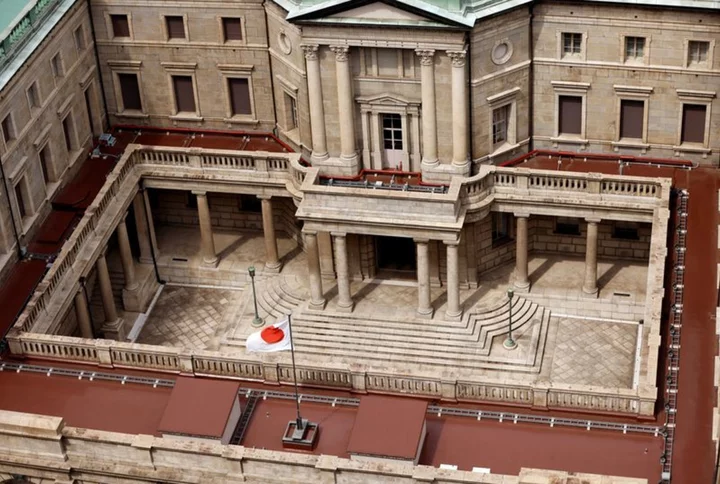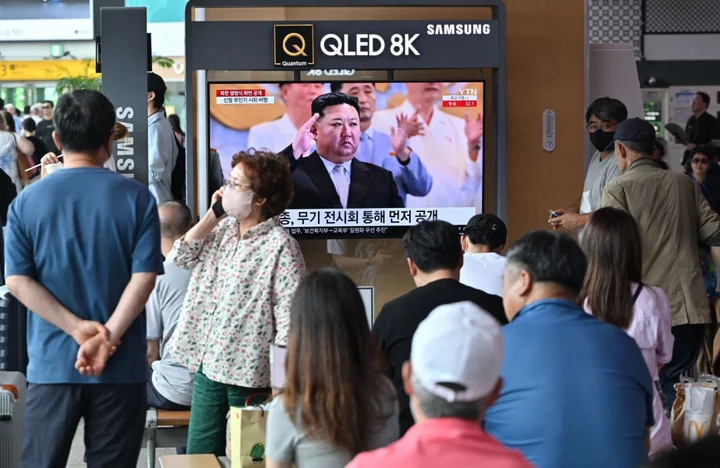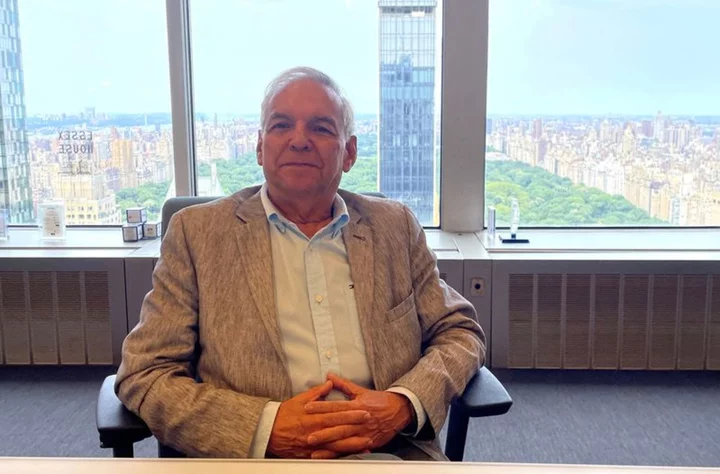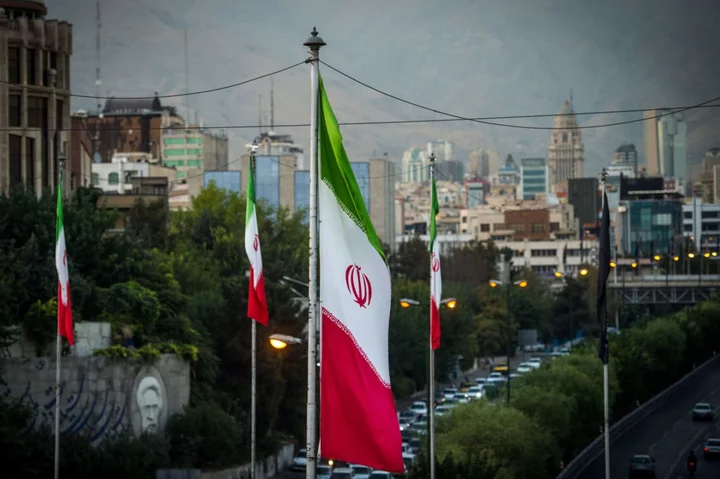By Leika Kihara
TOKYO Bank of Japan policymakers discussed various factors that must be taken into account when exiting ultra-loose policy, a summary of opinions at their September meeting showed on Monday.
One board member said the second half of the current fiscal year, ending in March 2024, will be an "important period" in determining whether the BOJ's price target will be achieved, the summary showed.
Another member said achievement of the BOJ's 2% inflation target seems to have "clearly come in sight," which meant the bank may be able to determine whether the target will be met around January to March next year, the summary showed.
"Even if the BOJ were to terminate its negative interest rate policy, this can be considered as continuation of monetary easing if real interest rates remain negative. It is important for the Bank to carefully provide communication on this," one member was quoted as saying.
In the future phase of an exit from ultra-loose policy, the BOJ should consider not only the treatment of yield curve control but whether it needs to continue buying assets other than Japanese government bonds (JGB), another opinion showed.
At the September meeting, the BOJ maintained ultra-low interest rates and its pledge to keep supporting the economy until inflation sustainably hits its target.
Under yield curve control (YCC), the BOJ guides short-term interest rates at -0.1% and the 10-year JGB yield around 0%. Aside from JGBs, the central bank also buys risky assets such as exchange-traded funds (ETF) as part of efforts to pump money into the economy and revitalise growth.
(Reporting by Leika Kihara; Editing by Christian Schmollinger and Shri Navaratnam)









